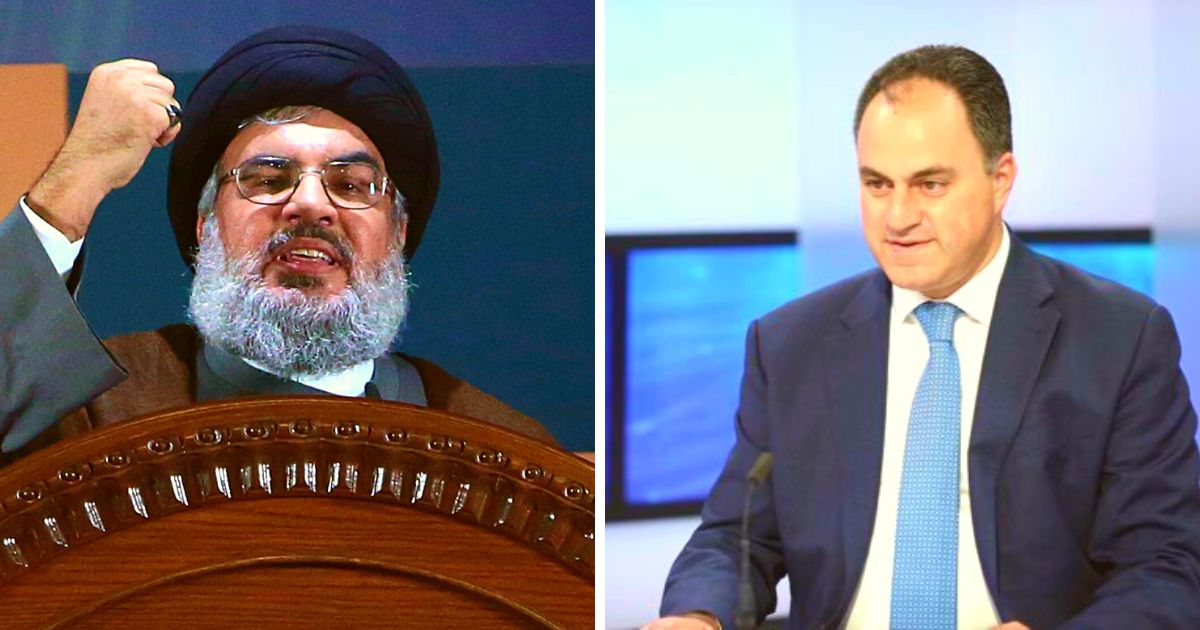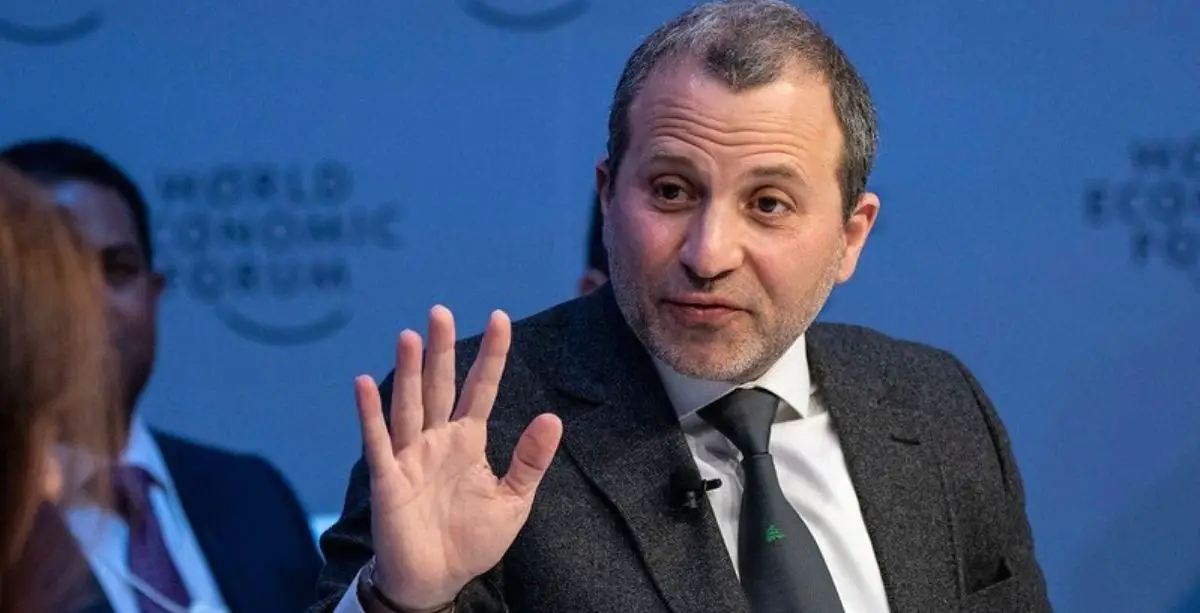Given the fact that some Lebanese businesspeople have already tried suggesting brilliant ideas that would save Lebanon from its situation yet are still awaiting approval, it doesn’t seem like the government wishes to change anything in the country at all.
Over time, there have been plenty of great proposals that, somehow, weren’t approved by Lebanon‘s officials or ruling body or simply disregarded.
To name a few on that list: the opening of an airport in the North that will generate thousands of new jobs, the solution for public transportation, a totally disregarded solution to “immediately squash inflation” and plenty of others for the country’s infamous, long-lasting and increasing electricity issues.
So when President Michel Aoun said he was striving to form a government that would welcome expats to invest in opening businesses in the country, it’s hard to tell if he was serious or not.
Here are some basic things Lebanon and businesses in Lebanon need before expats can even begin thinking of investing:
#1 Proper electricity to operate normally
Realistically, what kind of business people will invest in a country where electricity is scarce and not guaranteed to carry their operations through the day? Unless, of course, their business would be to fix the electricity problem once and for all.
The first thing on the list is a basic amenity that Lebanon has yet to find a solution for as the game of blames remains an active focus in the country.
A reminder: Electricity was invented in the 19th century. Lebanon in 2021 is still waiting for the Lebanese technocrats on the moon to get down to earth and take positions in the Lebanese government and fix the electricity problem.
#2 Reliable internet
Access to a reliable internet connection is supposed to be a basic right. In Lebanon 2021, well… it could be listed under the category of “high-stress-triggers.”
A reminder: Every business nowadays, from small to big, requires a proper internet connection to operate and produce results.
#3 Access to the ‘Lollars’ and money in banks
Capital control outside the law and US dollars stuck in the banking system…, not an appealing ground for new businesses. It has already badly hit the existing ones in Lebanon as well as the people.
To be able to properly operate and yield positive outcomes, businesses need to have the ability to freely move their capital around. That critical problem can’t be fixed with new businesses from abroad but internally, once the state decides to step up.
Needless to say, customers need to be able to access their money to buy goods and services from businesses.
#4 A safe environment to work and produce
This includes a trust that their government won’t turn a blind eye to dangerous chemicals that can blow up their port. A bit too late for that, aren’t we?
Businesses relied on products stored at the port when the blast shattered everything to pieces. And who in the country can be held accountable? No one, apparently.
Lebanese businesses also don’t want to feel threatened by armed parties in the country and need to have a general sense of safety and security.
Or arrest warrants and illegal detentions waiting for them at the airport when they return because the government is too sensitive if they disagreed with them.
#5 A functional government
Before going in to speak about expats investing in businesses in Lebanon, it’s best to put what is left of our focus, when we are awake, in forming a government that is functional. Not just any government will do.
#6 Empowering the Lira and stabilizing the exchange rate
Changing their prices on a daily basis based on the exchange rate must be not only tedious but financially impactful to the businesses. Anyway, who’s buying if everything’s expensive?
#7 Ending corruption
What kind of business person would want to invest in a country where corruption is deep and wide?
#8 Controlling the spread of COVID-19
Can you even begin to count the number of restaurants, cafés, bars, and nightclubs that haven’t opened in months? What about malls and shopping centers?
If measures to prevent the spread of the virus were correctly implemented, Lebanon would have been able to return to a somewhat normal version of life.
Instead, we see things like police officers fining a married couple for not wearing face masks inside their own cars.
#9 Eradicating the Wasta practice that hinders work progress
Wasta in Lebanon is, after all, an open-ended practice of the decision-makers favoring their partisans at the account of others, and that have been affecting services, projects, employment, businesses, and so on.
















